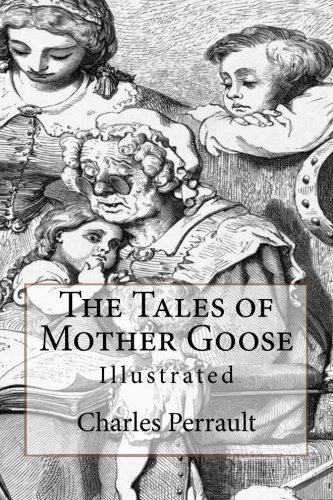The Tales of Mother Goose: Illustrated
Charles Perrault, D. J. Munro, Gustave Doré
Paperback
(CreateSpace Independent Publishing Platform, Feb. 8, 2017)
The Tales of Mother Goose by Charles Perrault, includes illustrations by Gustave Doré. Charles Perrault (1628-1703) was a member of the Académie Française and a leading intellectual of his time. Ironically, his dialogue Parallèles des anciens et des modernes (Parallels between the Ancients and the Moderns), 1688-1697, which compared the authors of antiquity unfavorably to modern writers, served as a forerunner for the Age of Enlightenment in Europe, an era that was not always receptive to tales of magic and fantasy. Perrault could have not predicted that his reputation for future generations would rest almost entirely on a slender book published in 1697 containing eight simple stories with the unassuming title: Stories or Tales from Times Past, with Morals, with the added title in the frontispiece, Tales of Mother Goose. Charles Perrault, in a symbolically significant gesture, did not publish the book in question under his own name but rather under the name of his son Pierre. Perrault chose his stories well, and he recorded them with wit and style. His narratives belong to a story-telling tradition that has been shared by countless generations. He did not invent these tales -- even in his day their plots were well known -- but he gave them literary legitimacy.
 T
T

 T
T